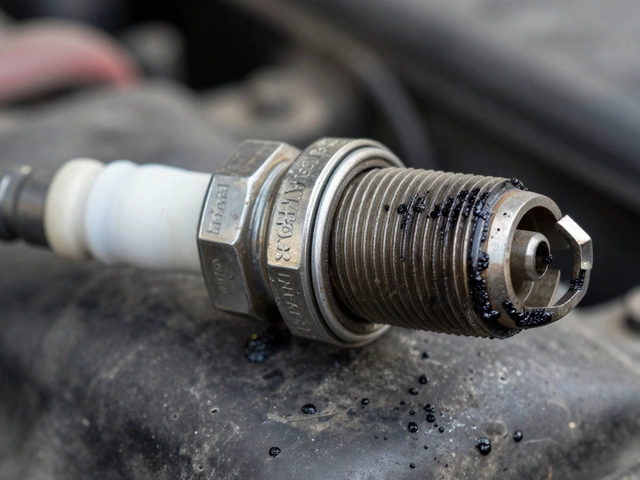Home Air Filter Guide: Pick, Change, and Care for Better Indoor Air
Ever wonder why your heater feels dusty or your allergies flare up in winter? The culprit is often the air filter sitting in your HVAC system. A good filter catches dust, pollen, and even tiny germs, letting you breathe easier. Below, we break down how to choose the right filter, when to swap it out, and a few tricks to stretch its life.
How to Choose the Right Filter for Your Home
Filters come in a range of grades, from cheap fiberglass to high‑efficiency pleated models. The key number to watch is the MERV rating – short for Minimum Efficiency Reporting Value. A MERV 8 filter handles most household dust and pet hair, while a MERV 13 can snag mold spores and fine particles that trigger allergies. If you have kids, pets, or asthma, leaning toward MERV 11‑13 is a smart move.
Premium air filters promise extra performance, but they also cost more. The extra price is worth it only if your system can handle the extra airflow resistance. Most modern furnaces can run with MERV 11, but check the manual or ask a tech before jumping to MERV 13.
When and How to Replace Your Home Air Filter
Changing the filter is one of the easiest home maintenance tasks you’ll ever do. A good rule of thumb is to check it every month during heavy use – that’s winter heating and summer cooling. If the filter looks dark or you notice a drop in airflow, swap it out immediately.
For whole‑house filters, many manufacturers recommend replacement every 90 days. Some people stretch it to six months, but that can let dust build up and strain the blower motor. Keep a small notebook by the thermostat and jot down the date each time you change the filter; you’ll see a pattern and never forget.
Here’s a quick step‑by‑step:
- Turn off the HVAC unit.
- Locate the filter slot – usually near the return air grille or inside the furnace.
- Slide the old filter out, noting its size (e.g., 16x20x1).
- Insert the new filter with the airflow arrows pointing toward the furnace.
- Turn the system back on and enjoy cleaner air.
Don’t forget to wear a dust mask if you’re sensitive – the old filter can release a puff of trapped particles when you pull it out.
Regular replacement not only improves indoor air quality but also helps your heating bills. A clogged filter forces the blower to work harder, which means higher electricity use. A clean filter keeps the system efficient and can add years to its life.
In short, picking a filter that matches your needs, checking it often, and swapping it out at the right time are all you need for fresher air at home. If you’re unsure which rating fits your furnace, give us a call at Northwich Tyres Centre – we can recommend the best fit for your budget and house size.
Remember, a tiny rectangular piece of material can make a huge difference in how your home feels. Keep it clean, and you’ll notice fewer sneezes, less dust on shelves, and a smoother‑running HVAC system.
 8 December 2024
8 December 2024
Is MERV 13 the Right Choice for Your Home Air Filter?
Choosing the right air filter for your home can significantly impact indoor air quality and HVAC system efficiency. MERV 13 filters are known for their effectiveness in removing airborne particles, but homeowners often wonder if they're suitable for residential use. This article breaks down the benefits, potential challenges, and practical considerations of using a MERV 13 filter in your home. Discover if this filter level is the best fit for your household needs.
Tags
- car maintenance
- engine oil
- spark plugs
- brake pads
- engine performance
- vehicle maintenance
- spark plug replacement
- windshield wipers
- fuel pump
- suspension parts
- clutch replacement
- oil change
- clutch kit
- car suspension
- car performance
- air filters
- car radiator
- exhaust systems
- fuel pump replacement
- engine misfire






0